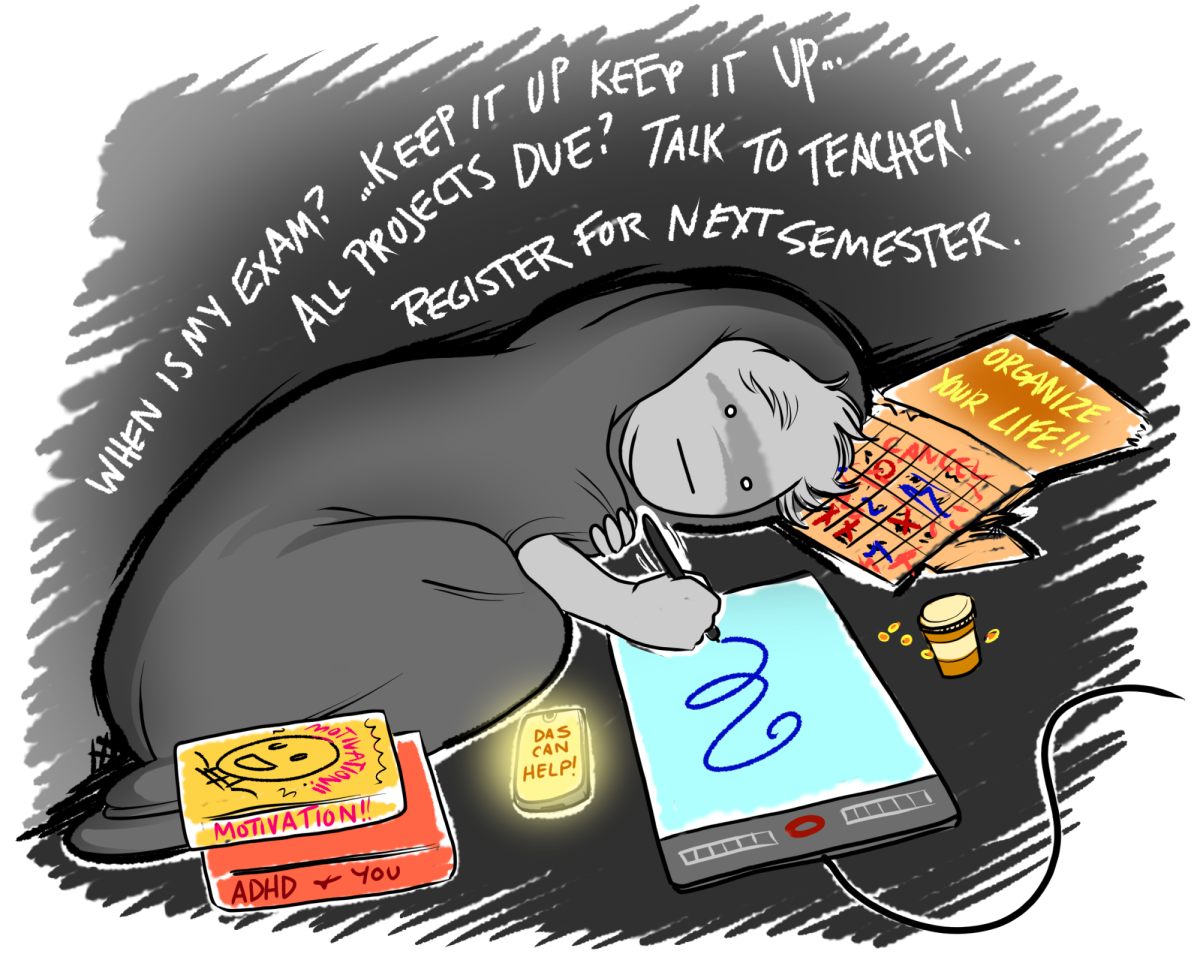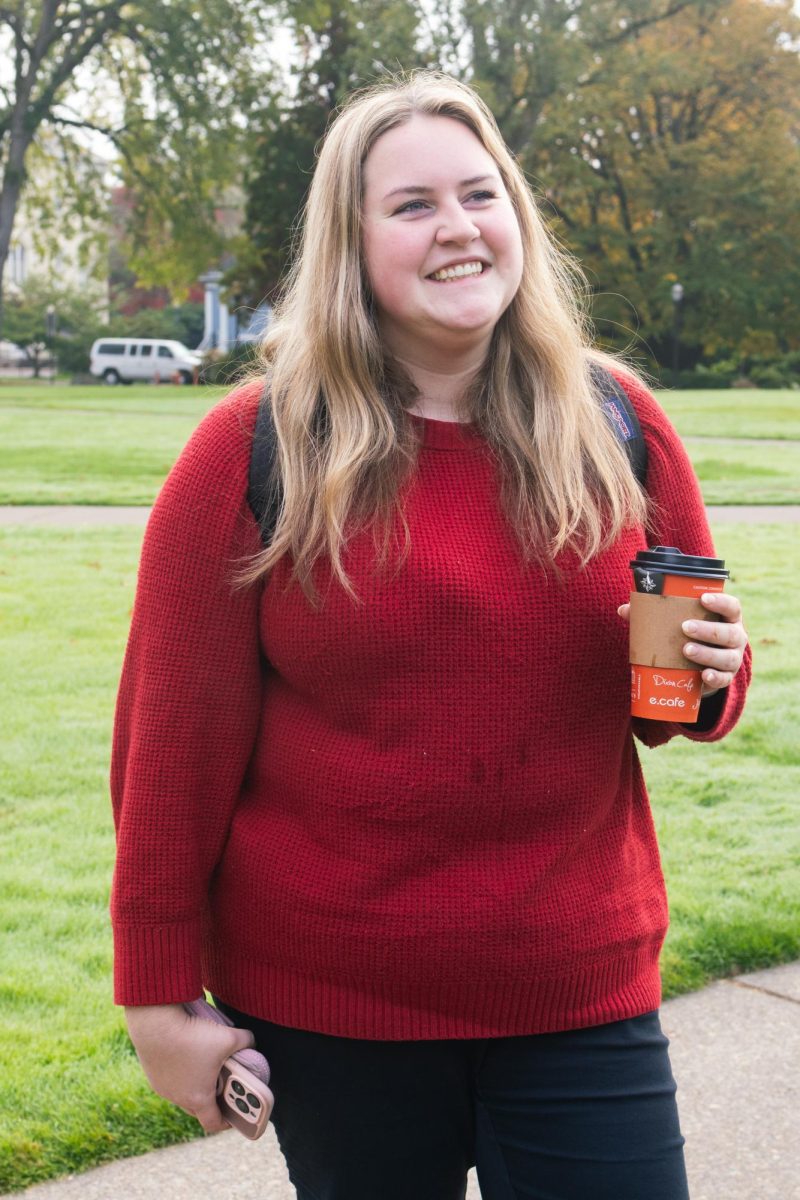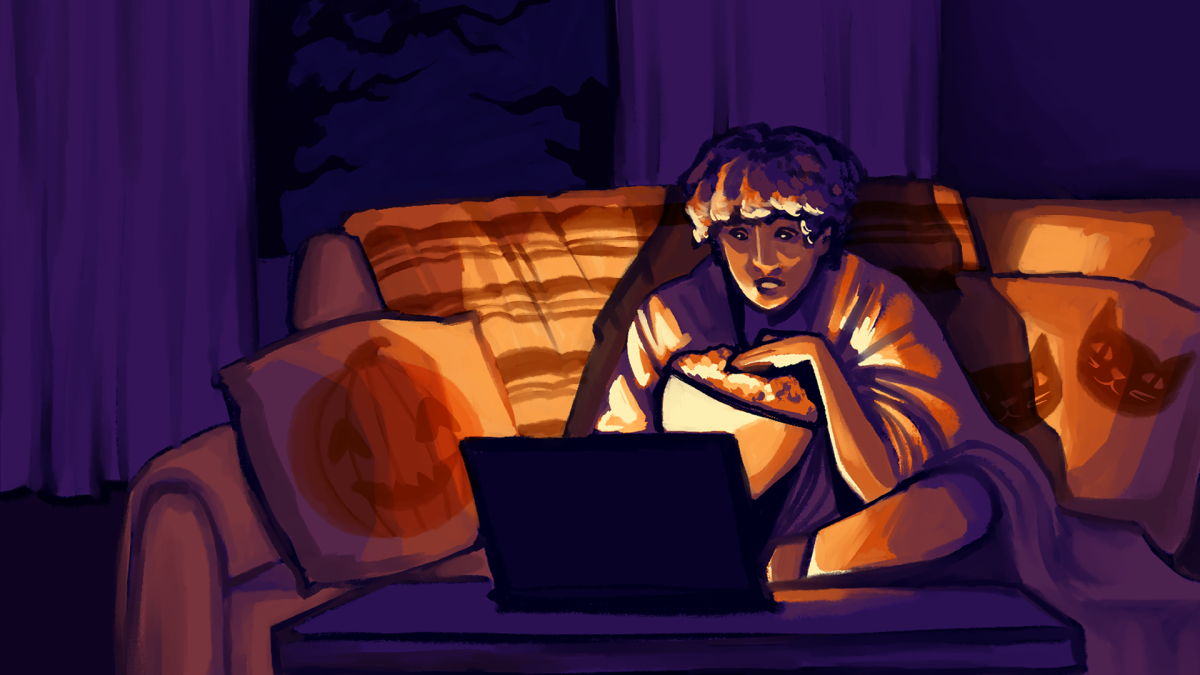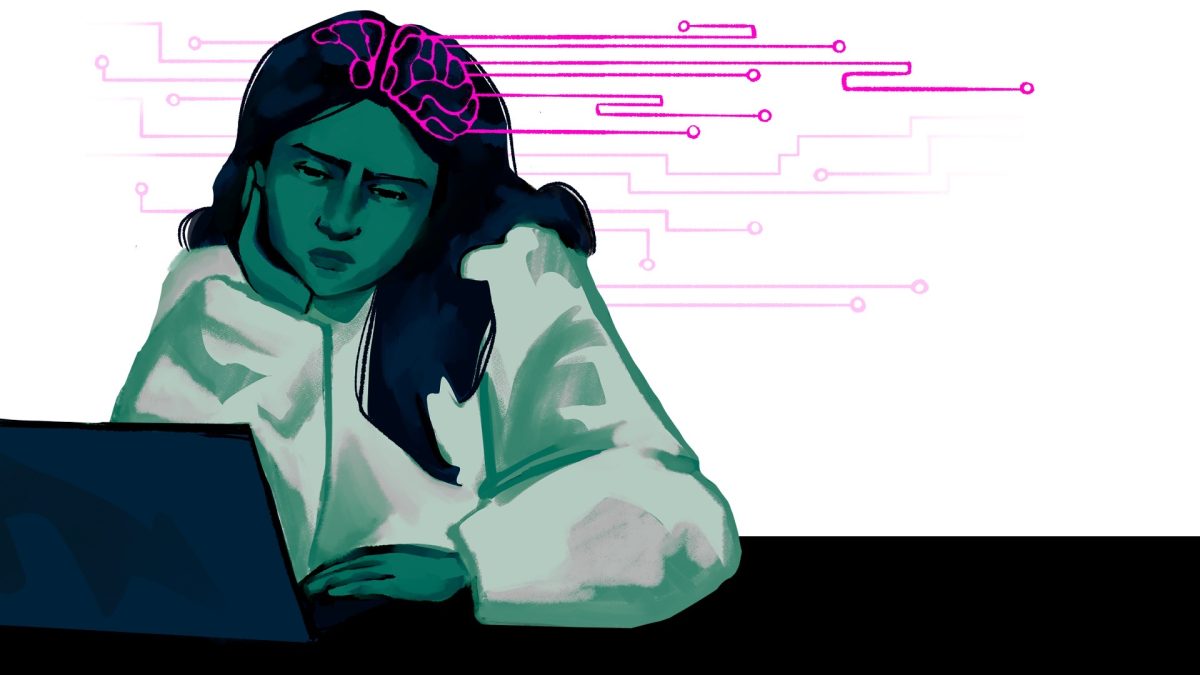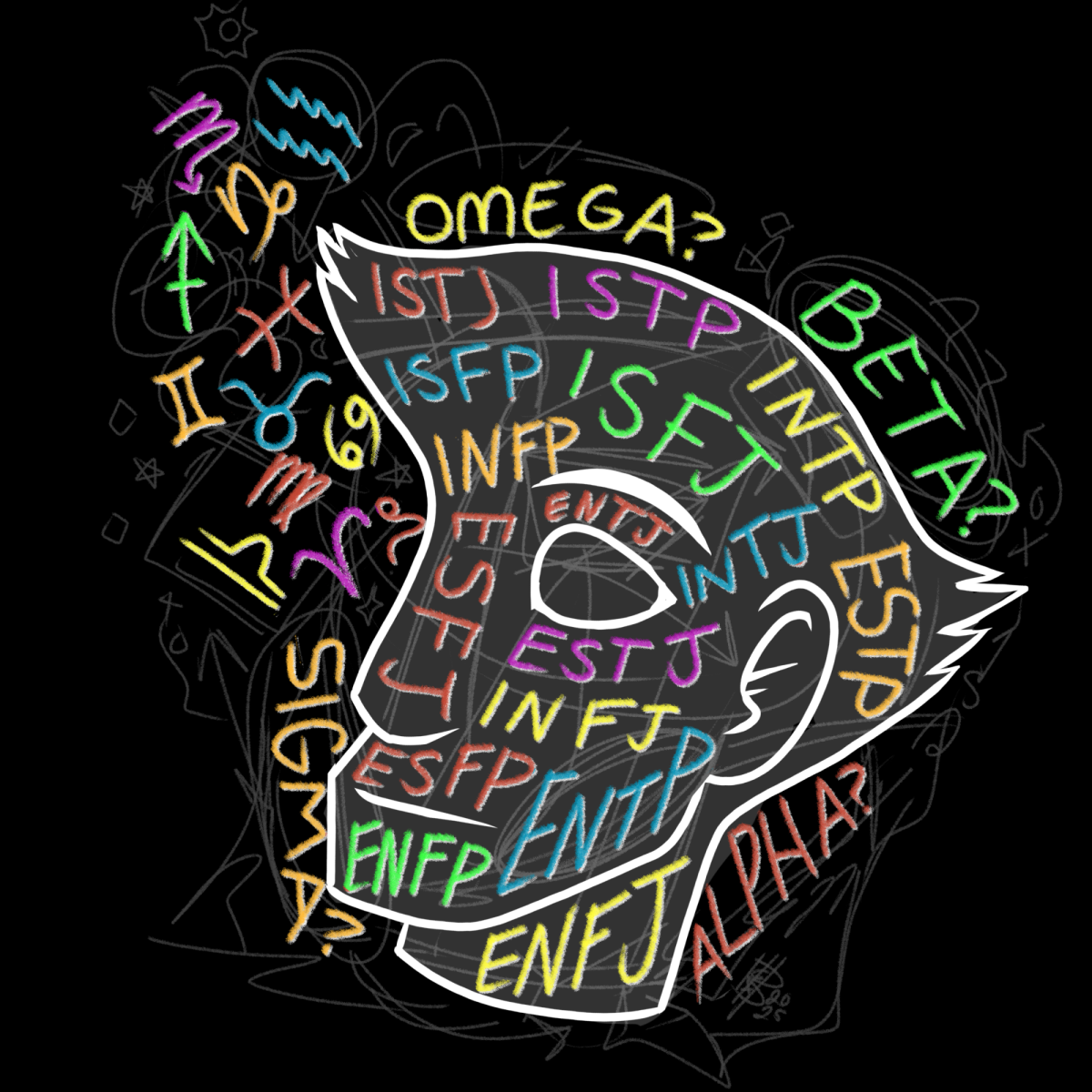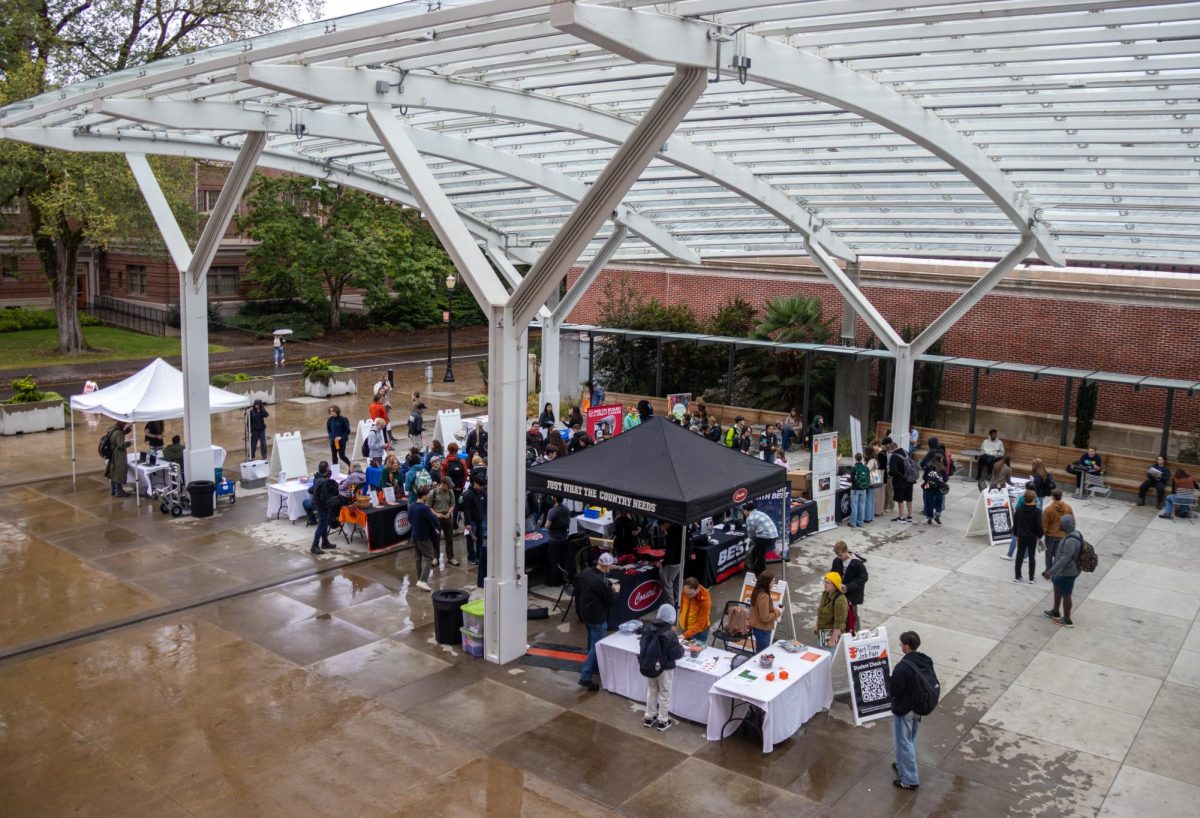Editor’s Note: This is an opinion piece and does not represent the opinion of Beaver’s Digest. This op-ed reflects the personal opinions of the writer.
It can be hard to navigate attention-deficit hyperactivity disorder and school, especially if you have been recently diagnosed or if it is the first time you are managing ADHD on your own.
Many students with ADHD struggle with focus, motivation, and organization– including myself. Luckily, Disability Access Services at Oregon State University has ways to help with ADHD accommodation.
Earlee Kerkes-Mishra, assistant director at DAS, shared a few resources that are available through OSU. Each student with ADHD is different, so there are many options for various challenges.
Kerkes-Mishra said that if a student finds it difficult to focus during a lecture and take notes, a reasonable accommodation for them would be to “get access to the lecture multiple times.” This would be done by recording the lecture with online tools like Glean or the LiveScribe SmartPen, so students can re-listen to a lecture and fill in any gaps in their notes.
Sometimes it is not the lectures that students have a hard time focusing on; some students require accommodations for their testing environments. This includes extended time, and areas in the testing center have cubicles and white noise machines.
Kerkes-Mishra sayid that although it is not entirely private, the testing center makes taking a test less distracting.
“You’re not listening to someone clicking their pen or tapping or popping gum,” Kerkes-Mishra said.
If a student has trouble with staying organized, Kerkes-Mishra said that DAS will work with a student and try different coaching strategies to stay organized. This includes looking at the term as a whole or even breaking each term down to the individual weeks.
Kerkes-Mishra emphasized that DAS tries their best to make accommodations “individualized for the student because what works for one student doesn’t always work for another student even with the exact same diagnoses.” This means that even with all the accommodations available, not all students with ADHD may find DAS accommodations helpful.
Alina Padilla-Miller, an instructor within the School of Communication, has been diagnosed with ADHD.
“(I experience) a lot of anxiety around trying to keep myself on track with the projects and the assignments, the work that I have to get done,” Padilla-Miller said and added that sometimes “overproduction to no production real quick.”
There are days when the list of tasks becomes overwhelming, and it feels like you are stuck. It can be really hard to get tasks done, even if they are easy. Padilla-Miller has found some strategies to help work through that anxiety and keep herself from getting too deep into the feeling of impending deadlines.
Padilla-Miller tries to constantly keep a calendar and list of tasks she must complete and work through them.
“It’s really been a matter of learning how to project manage my life,” Padilla-Miller said.
Even with strategies and accommodations, having ADHD can feel isolating.
When she was in college, Padilla-Miller told her friend that she felt “stupid” due to her learning disability. Her friend’s response was, “I don’t have stupid friends, you just learn differently.”
It is important to remember that everyone has a different learning style. Strategies that work for neurotypical individuals (those without ADHD, autism, or other disorder who interact with the world in what is seen as a typical way) may not work for those with ADHD.
The different learning style is not “an indicator of your ability or your intelligence,” Padilla-Miller said.
It may feel frustrating to have ADHD at times, but it does not have to always be against a lack of focus, motivation, and the feeling of worthlessness. Padila-Miller said that “you have to make friends with it instead of trying to fight it.”

